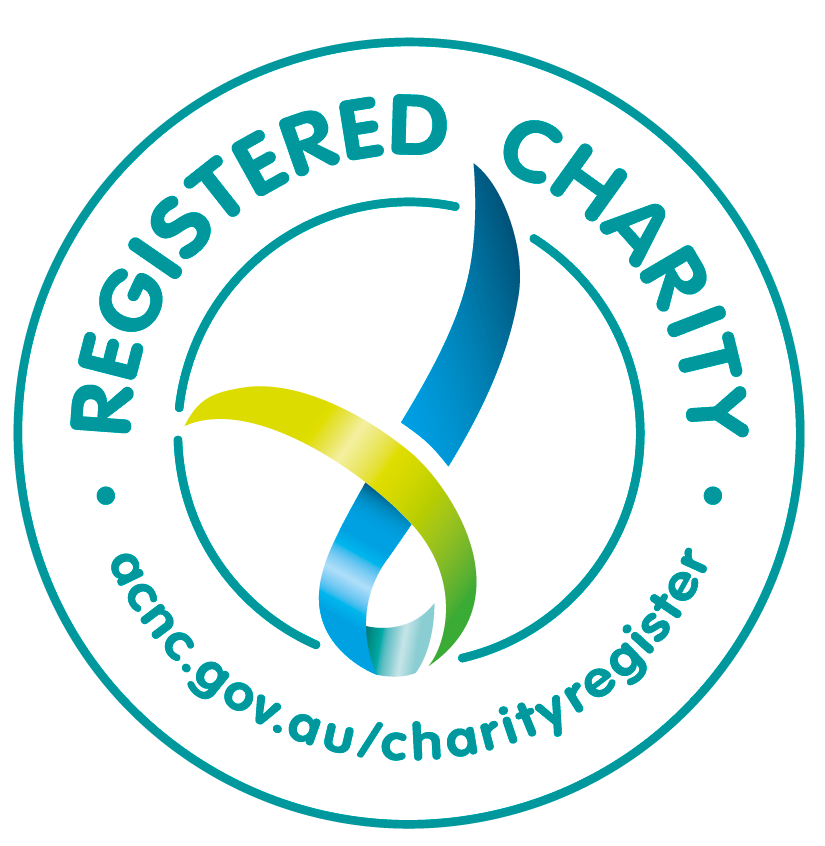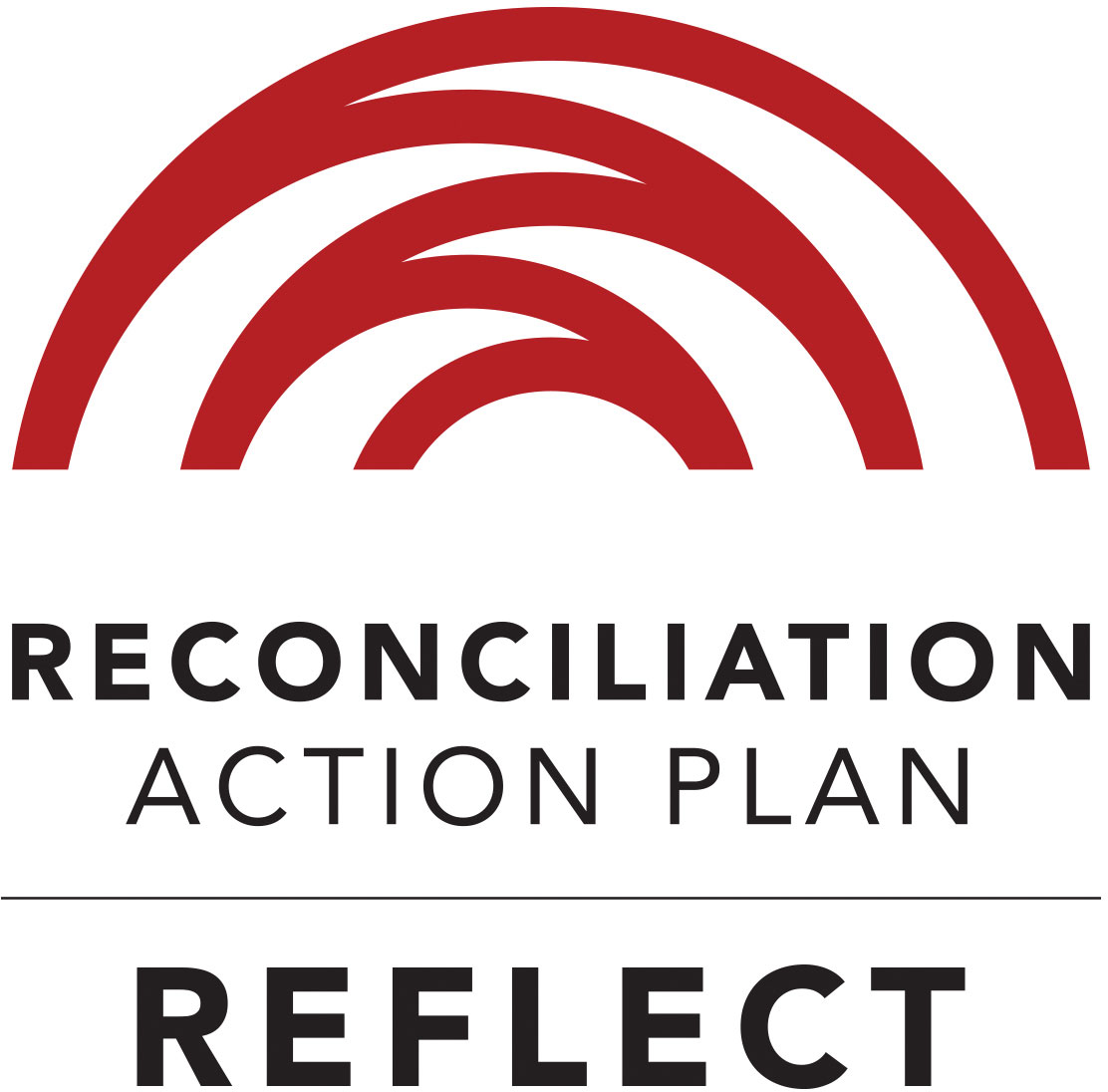More pages in this section
NDIS
[feature-block]
Support your way!
Whether you want to live more independently in your home, do more of the things you love in the community, or learn new skills and make friends in our group programs. At selectability, we tailor our NDIS supports to your unique needs.
Get in touch with the team today
[/feature-block]
In your home
We’ll work alongside you in the home to develop life skills and empower you to live independently, helping you get to where you want to go.
In the community
We support you to be a part of your community and do more of the things that you love. This includes transport to and from activities, appointments and social engagements and supporting you while you are there.
We work with you to improve your confidence in accessing the community and engaging in activities that will help you achieve your goals.
Building your capacity
We work with you to increase your independence, knowledge and resilience to provide you with the tools and resources to better understand the services and support that will get you closer to your goals.
Pricing
selectability provides Core and Capacity Building NDIS services.
Funding is based on what is 'reasonable and necessary' to achieve individual goals in addition to the support provided by family, friends and other community and government services.
View the latest NDIS price guide
Travel charges - prices per kilometre
selectability applies travel cost from appropriate budget for employees travel time traveling to and from consumer. We acknowledge the notional amount with the NDIS Price Guide and understand 'these support items are not subject to price limits.' selectability sets a current per kilometre price during the development of individual service agreements. We reserve the right to review transport costings and update kilometre prices twice a year. All prices will be published on our selectability website on 1 February & 1 August of each year.
From 1 February 2023, the following pricing applies:
- Standard: $1.20 per KM
- Remote: $1.87 per KM
- Very remote: $2.50 KM
Making the NDIS work for you
At selectability, our main priority is to help you (or a loved one) live the way you choose and get the most out of your NDIS program.
If you have any questions at all about our mental health support services and NDIS assistance, please call us on 07 4044 8900.
USEFUL LINKS





selectability acknowledges the Traditional Owners of the land on which we provide services and pay our respects to Elders past, present and emerging. We acknowledge those with lived experience and those who support and partner with us to improve mental wellbeing and prevent suicide across regional Queensland.








